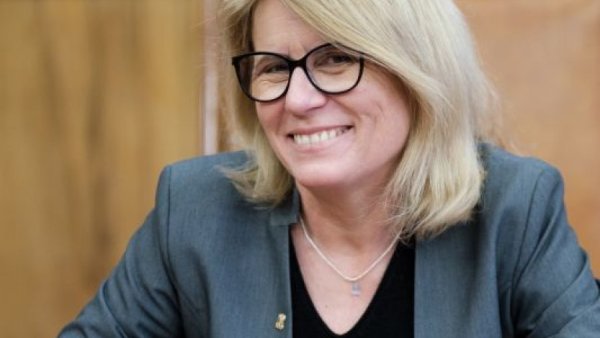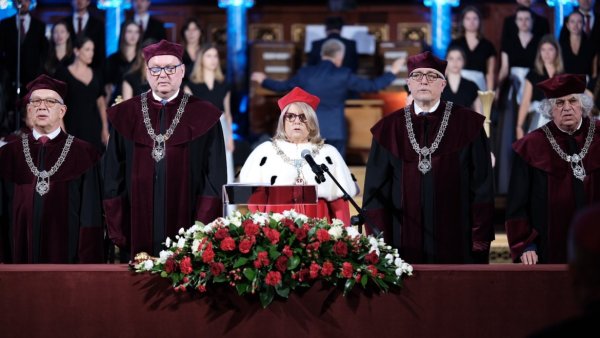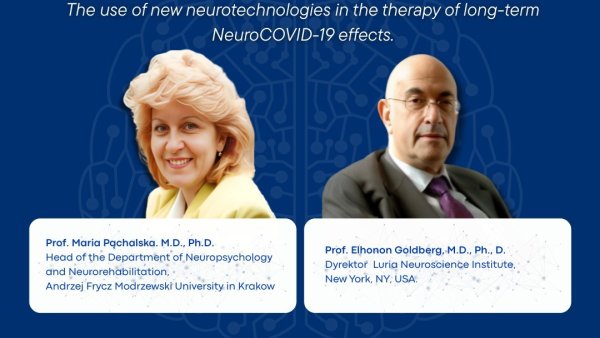Wydział Anglistyki Uniwersytetu im. Adama Mickiewicza w Poznaniu zaprasza do udziału w piątej edycji corocznego cyklu seminariów pt. “Language of Empowerment” w ramach wydarzenia International Week for Equality and Inclusion, odbywającego się w dniach 4-8 listopada 2024.
Wydarzenie to będzie okazją do przedstawienia zagrożeń wynikających z różnych form dyskryminacji oraz szansą na zabranie głosu w dyskusji na temat znaczenia takich wartości jak równość i akceptacja. A to wszystko w duchu proklamacji UNESCO mówiącej, że:
“Tolerancja to szacunek, akceptacja i uznanie bogactwa różnorodności kultur na świecie, naszych form wyrazu i sposobów na bycie człowiekiem. Sprzyja jej wiedza, otwartość, komunikowanie się oraz wolność słowa, sumienia i wiary. Tolerancja jest harmonią w różnorodności. To nie tylko moralny obowiązek, ale także prawny i polityczny warunek. Tolerancja – wartość, która czyni możliwym pokój – przyczynia się do zastąpienia kultury wojny kulturą pokoju." (Deklaracja Zasad Tolerancji przyjęta przez UNESCO w 1995 roku).
“Language of Empowerment” to seria 45-minutowych wykładów.
Miejsce: Aula Collegium Heliodori Święcicki, ul. Grunwaldzka 6 Poznań
PONIEDZIAŁEK, 04/11/2024, 15:00
Otwarcie wydarzenia: prof. Joanna Pawelczyk, Dziekana Wydziału Anglistyki Uniwersytetu im. Adama Mickiewicza w Poznaniu
Wykład otwierający tegoroczną edycję wydarzenia: Katarzyna Kotula, Ministra ds. Równości
WTOREK, 05/11/2024, 15:00
Mary Ellen Curtin, American University, Washington, DC
Race, representation, and the pursuit of a meaningful vote in US politics
My talk will address the complex history of race, ethnicity, and voting rights and practices in the US since emancipation. It will highlight how voting rights activists have pushed the courts and congress to make the votes of Black Americans and other racial minorities count, and how racial disfranchisement remains a potent political weapon.
CZWARTEK, 07/11/2024, 15:00
Kacper Łodzikowski, Uniwersytet im. Adama Mickiewicza w Poznaniu
Challenges of implicit bias in AI: Towards awareness and mitigation
Artificial Intelligence (AI) has the potential to shape our lives for the better. However, it can also inherit and amplify the implicit and explicit biases of the humans who—knowingly or unknowingly—provide the data for AI training. In this lecture, we will explore how implicit bias manifests in AI systems through data, algorithms, and user interactions. We will start by examining real-world examples where AI has perpetuated discrimination in areas such as social media, healthcare, criminal justice, and employment. We will delve into the ethical implications of biased AI and its impact on society. Finally, we will discuss emerging strategies for mitigating bias, such as enhancing data diversity and raising awareness among end users. Throughout, we will pay special attention to generative AI and its role in blurring the line between human-created and machine-generated content, which raises additional questions about bias, authenticity, and trust.
PIĄTEK, 08/11/2024, 15:00
Iwona Mazur, Uniwersytet im. Adama Mickiewicza w Poznaniu
A functional approach to audio description as a means of social inclusion in a multimodal world
We live in an increasingly interconnected and multimodal world: we watch videos on YouTube, consume content on Instagram or TikTok, watch films on Netflix or Disney+. In the above media, the visual, verbal and aural channels interact to create meaning (see, e.g., Kress 2010; Kress and van Leeuwen 2001). However, not always is this meaning clear or accessible to all. For instance, the visual channel cannot be accessed by persons with sight loss. Here is where audio description (AD) – which translates the visual into the verbal – enters the picture (quite literally). However, I will argue that AD as a tool for accessibility not always equals social inclusion. In the presentation, I will talk about a functional approach to AD, and propose how the application of a number of functional parameters can ensure that the audio described version is not just accessible but also inclusive to the greatest extent possible.









